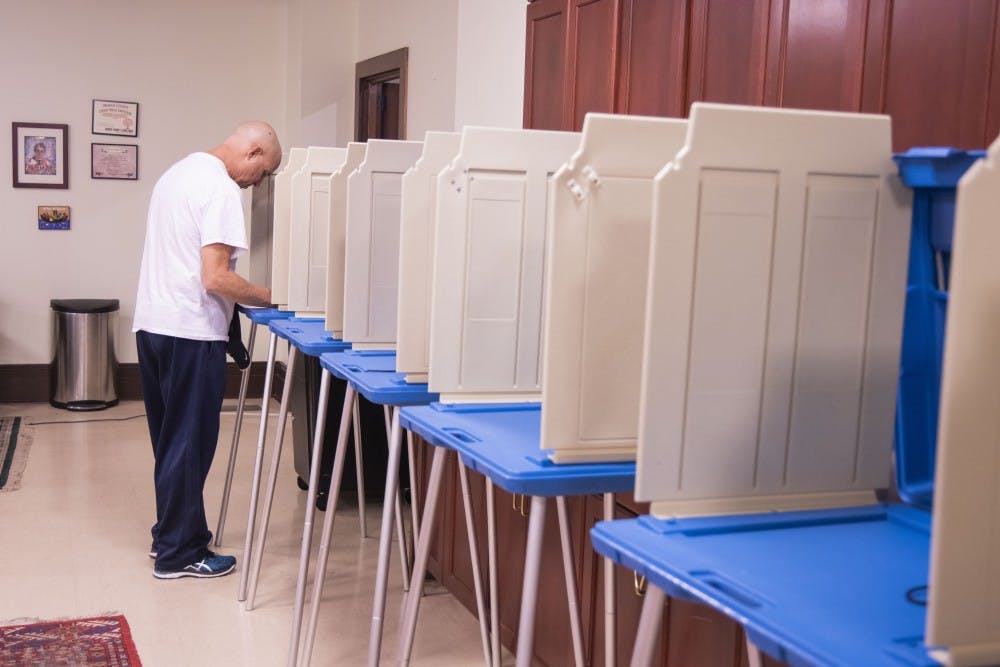For formerly incarcerated people in North Carolina, the beginning of September brought news of re-enfranchisement just eight weeks before the 2020 presidential election.
On Sept. 4, the Wake County Superior Court ruled that the state must allow citizens who owe fines, fees or debts from a felony conviction to vote.
Dennis Gaddy, founder and executive director of Community Success Initiative, said up to 5,000 people in North Carolina were made newly eligible voters by way of this decision. CSI is a Raleigh-based non-profit and the lead plaintiff in the case.
Now, Gaddy said, the task is to identify and register new voters.
“We’re still putting together a strategy,” Gaddy said. “That’s something that the Second Chance Alliance team is trying to figure out.”
The N.C. Second Chance Alliance is a statewide alliance of people with criminal records, service providers, congregations, community leaders and concerned citizens that address the barriers that criminal records pose to successful re-entry.
Many organizations and individuals involved in the Second Chance Alliance acted as plaintiffs in the CSI v. Moore case, litigated by the Durham-based law and policy center, Forward Justice. In May 2020, the plaintiffs filed a motion for summary judgement — a decision by the court not involving a trial.
The plaintiffs also commissioned Frank Baumgartner, a professor of political science at UNC, to draft an expert report on North Carolina’s disenfranchisement of formerly incarcerated people.
Baumgartner found that post-conviction financial obligations average more than $2,000 per individual on probation, and over $500 for those on post-release supervision.




